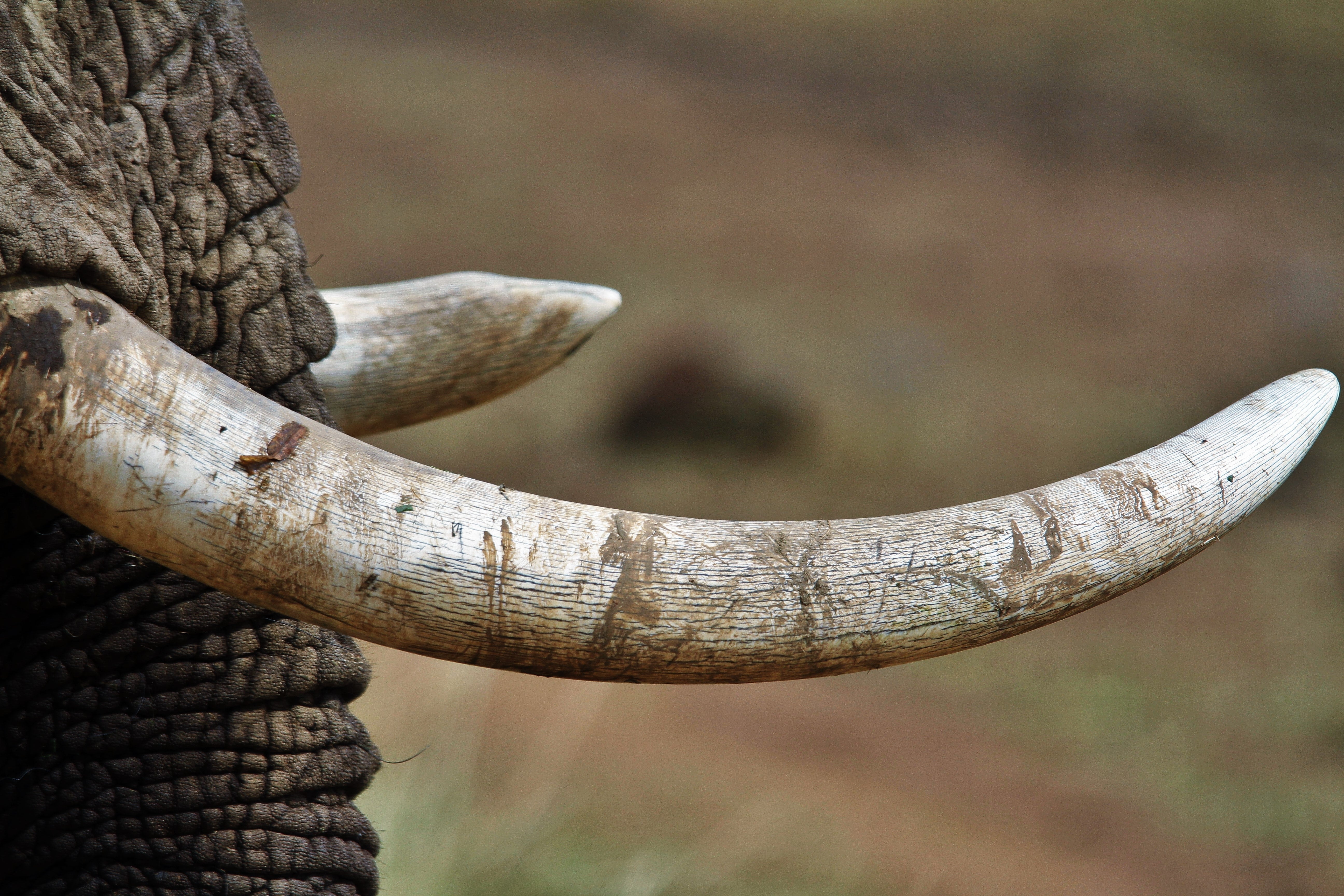Former poacher turns to environmental activism after prison sentence
Many Zimbabweans turn to wildlife crime out of financial desperation

Your support helps us to tell the story
From reproductive rights to climate change to Big Tech, The Independent is on the ground when the story is developing. Whether it's investigating the financials of Elon Musk's pro-Trump PAC or producing our latest documentary, 'The A Word', which shines a light on the American women fighting for reproductive rights, we know how important it is to parse out the facts from the messaging.
At such a critical moment in US history, we need reporters on the ground. Your donation allows us to keep sending journalists to speak to both sides of the story.
The Independent is trusted by Americans across the entire political spectrum. And unlike many other quality news outlets, we choose not to lock Americans out of our reporting and analysis with paywalls. We believe quality journalism should be available to everyone, paid for by those who can afford it.
Your support makes all the difference.By Mary Mundeya for Enviropress
Nollen Muleya of Hwange in northwestern Zimbabwe was 28 years old when he moved from his native village in search of greener pastures. Little did he know that in the few years that would follow, his life was going to change forever.
Two months after relocating to Mtunya township in Hwange, the optimistic Muleya enrolled in a carpentry course at a nearby vocational training centre.
There, the now 34-year-old met two men in their early 30s who introduced him to a clandestine way of earning money. It involved killing elephants and harvesting their ivory.
In 2017, Muleya was arrested for illegal possession of ivory and sentenced to 9 years in prison. Nollen is among thousands of Zimbabweans who for one reason or the other ended up on the wrong side of the law and had to pay for it dearly.
Muleya said when the idea of becoming a poacher was first introduced to him, he saw it as an easy way of getting quick cash compared to the menial carpentry jobs he would get here and there.
“Becoming a poacher sounded like an easy and quick way of getting money for me. As much as I was getting a bit of cash from the carpentry jobs I was doing for local villagers, the income would come here and there and wasn’t enough for what I wanted,” he said.
One day, Muleya and a colleague (name withheld for ethical reasons) set out into Hwange National Park to collect a stash of ivory they had left hidden seven days earlier after a narrow escape from regulatory authorities.
“My colleague and I left home during the wee hours of the night and managed to collect our ivory stash from where it was hidden with no problems. As we were walking, my heart was overjoyed at the fact that my colleague was going to introduce me to the ivory buyer.
“We walked for a very long distance until we reached a train stop point at which we were to board the train to Bulawayo where we were going to meet the buyer. Little did we know that we were being followed by detectives who ended up arresting me after my colleague managed to flee,” Muleya said.
The events that followed after he was handed a nine-year sentence made Muleya realise the importance of living within one’s means whilst observing the law.
After serving four and half years at Khami Maximum Prison, he was released in 2021 through a presidential amnesty programme.
As much as life is no-longer the same for him, Muleya has not lost hope. Recently, he embarked on a new journey of raising awareness against wildlife crime, a move that has seen him receiving support from organisations like the Community Action for Wildlife Conservation Trust.
“As a way of correcting what I did and making sure that people from the community I live in do not end up in prison like I did, I have dedicated my life to raising awareness to the dangers of wildlife crime.
“I am grateful for the support that different organisations and individuals have been giving me. Through my activism, I have realised that coming up with innovative legal ways from which communities earn a living from their natural resources will go a long way in curbing wildlife crime,” said Muleya.
He said it was now his dream to not only talk people out of engaging in any wildlife or environment-related offences, but to actively engage in community-based solutions on sustainable natural resource management.
This article is reproduced here as part of the African Conservation Journalism Programme, funded in Angola, Botswana, Mozambique, and Zimbabwe by USAID’s VukaNow: Activity. Implemented by the international conservation organisation Space for Giants, it aims to expand the reach of conservation and environmental journalism in Africa, and bring more African voices into the international conservation debate.
Read the original story here.
Join our commenting forum
Join thought-provoking conversations, follow other Independent readers and see their replies
Comments